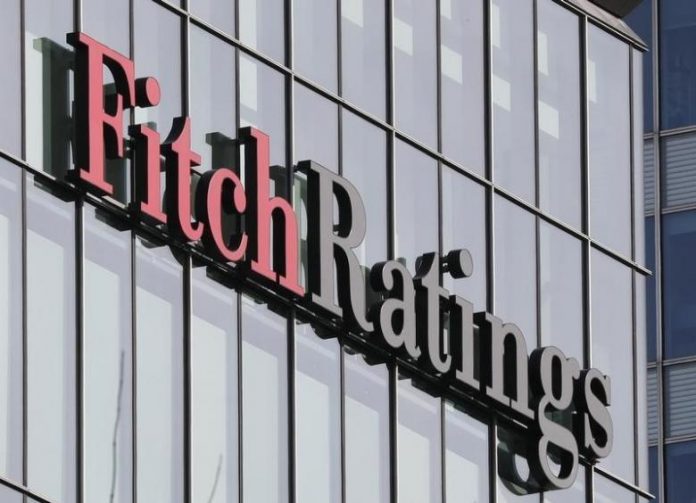LAHORE: Continued adherence to the IMF’s Extended Fund Facility (EFF) reform agenda would increase the likelihood of achieving outcomes that would lead Pakistan to positive rating momentum, Fitch Ratings said in its ‘Reforms and Financial Support Ease Pakistan Sovereign Risks’ report released on Wednesday.
“However, political pressures could test the government’s commitment to reform, particularly if inflation accelerates from its already high levels,” the report added.
Earlier in May, the credit rating agency had affirmed Pakistan’s long-term foreign-currency Issuer Default Rating (IDR) at B- with a stable outlook, reflecting weak public finances, external finance vulnerabilities, and low governance indicator scores.
“Fitch Ratings believes Pakistan’s recent policy adjustments and demonstrated access to external financing, as well as its commitment to a market-determined exchange rate, offset rising external risks from a widening current-account deficit. Ongoing reforms, if sustained, could create positive momentum for the sovereign’s B- rating,” the report states.
In its latest report, the credit rating agency said that it expects the CAD in the fiscal year to June 2022 to be wider than the previous forecast of 2.2 per cent, adding that the State Bank of Pakistan (SBP) on November 19 raised its policy rate by a significant 150bps to 8.75pc, pointing to rising risks related to the balance of payments and inflation.
However, it added that external liquidity pressures should be manageable in the near term, despite the wider current-account deficit, given Pakistan’s adequate foreign-exchange reserves and success in accessing financing.
The authorities’ sustained reform efforts and commitment to the IMF programme should support access to external financing, even with global financing conditions potentially becoming more challenging for emerging markets in 2022 as global monetary policy settings grow less accommodative, the report states.
The report reiterated its earlier stance from May that continued implementation of policies sufficient to facilitate a rebuilding of foreign-exchange reserves and easing external financing risks could lead to positive rating action.
It also reminded that positive rating momentum could emerge from improvements in the business environment or fiscal consolidation, if sustained over time, emphasising the importance of implementation and adherence of the EFF reforms to achieve these outcomes which would improve Pakistan’s long-term foreign currency IDR.
Credit ratings are a forward-looking opinion on the country’s ability to repay its debt, issued on request. Rating agencies use letters, ranging from the highest AAA to the lowest C or D, to show relative ranking of credit-worthiness. The initial letters may be followed by further letters or numbers and a plus or minus sign.
In addition, a credit rating might also consist of a forecast that describes how a particular rating may change in the future. A positive outlook indicates a rating may be raised, and a negative outlook indicates a rating may be lowered. A stable outlook is assigned when we believe that ratings are not likely to be changed.
It may be recalled that Fitch Ratings had downgraded Pakistan’s long-term foreign currency issuer default rating by one notch, from B to B-, in December 2018 following Moody’s decision to change the country’s outlook from stable to negative while affirming its B3 rating in June 2018.
Some of the other countries rated B- by Fitch include El Salvador, Iraq, Lebanon, Nicaragua, Surinam, Ukraine and Zambia. India’s credit rating is BBB-, Bangladesh’s BB- and Sri Lanka’s B.
Anything below BBB- is not considered investment grade, translating to the fact that many investors cannot invest in lower rating due to regulatory requirements and internal policies.
























